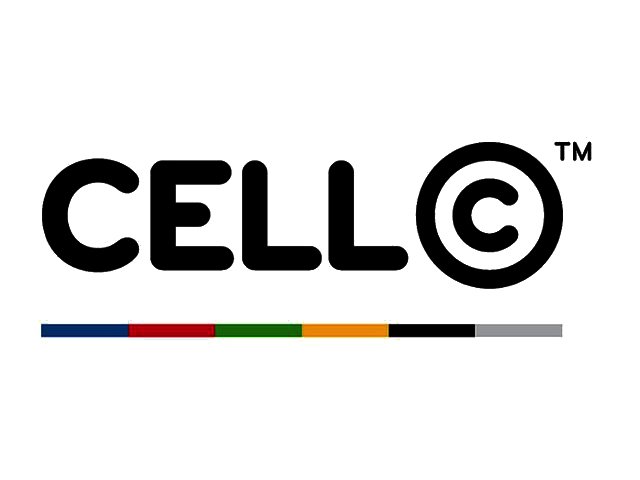PREVIOUS ARTICLENEXT ARTICLE
NEWS

The top 5 tech news stories of 2012
By Staff Writer 31 December 2012 | Categories: news
Tech in 2012 was not all plain sailing, and the industry surely had its ups and downs. Here are the top 5 stories that attracted the most attention here in the TechSmart office.
Microsoft’s Windows 8 and Surface
Top 12 was a very busy year for Microsoft, releasing not only Windows 8, but also making a play for the hardware market with their Surface tablets.
With the rise of the past few years of tablets, Microsoft had to reinvent Windows to fit in with a more touch-centric approach. The result is Windows 8, which combines the Metro app-based interface first seen on Windows Phone smartphones, with the traditional desktop found on previous Windows iterations. It’s fair to say not everyone is pleased, with many complaining that the touch-based functionality is difficult to perform if you only have a mouse. Most complaints though are directed at the inexplicable exclusion of the Start menu, which raises not only the learning curve but also frustration levels.
Apart from annoying users, Microsoft also bumped heads with their hardware partners when the company announced their Surface tablets. These units, one with an Nvidia chip and the other with a more powerful Intel Core i5, compete head-on with tablets from original equipment manufacturers the likes of Asus, Acer, Lenovo and HP, all whom use Microsoft’s software.
Mapplegate
Having access to good quality maps (and navigation) has become essential in today’s smartphone landscape. So when Apple announced their new Maps application is no longer powered by the tried-and-trusted Google Maps, the response was sceptical to say the least. It was only when the new Maps went live with the release of iOS 6, that Apple’s big mistake was there for all to see. Complaints about the new system rushed in, ultimately forcing Apple CEO, Tim Cook, to write an open letter apologising for Maps and even suggesting alternatives.
At the bottom of this debacle lies the struggle for the mobile market, with both Google (with their Android OS) and Apple arm-wrestling for market share. ‘Mapplegate’ showed that if you don’t respect your customers, you will get burnt – even if you’re Apple.
LTE becomes available locally
LTE (4G) stands for Long Term Evolution and is a new generation of mobile connectivity technology looking to rock our world (and mobile data download tallies) thanks to its operating speeds of up to three times faster than 3G.
Vodacom boarded the next gen connectivity wagon first by making its LTE service available for contract subscribers in South Africa during October. The following month the firm proceeded to boost the amount of LTE-enabled base stations from just under 70 at launch to more than 200 in Johannesburg and also kicked off the testing phase of this service within Cape Town. In the meantime, MTN has gone live with their LTE service, while Cell C and 8ta has announced trials.
Cell C shakes up local telecoms industry
When newly appointed Cell C CEO Alan Knott-Craig announced at the beginning of this year that he will be making Cell C a more effective competitor to the dominant players in the local telecoms sector, Vodacom and co had no idea what lay ahead. Cell C’s first move was to lower its international call rates to select destinations to just 99c per minute on per minute billing, prompting an international call rates war with Vodacom. Next, the firm slashed its contract prices by up to 50% and lowered its standard data tariff to a mere 15 c per MB for both in and out-of-bundle usage across its entire data product portfolio.
Within the latter part of 2012, Cell C rocked the local telecoms industry boat even further when it introduced its 10 GB and 20 GB bolt-on GigaNite data bundles, which delivers cheaper data rates to early birds web surfers and night owls (between 00:00 and 06:00). Innovation was also the order of the day when the firm launched six Straight Up packages for contract and Top-Up customers, offering five new contract packages in which users get a new smartphone every year for the duration (1, 2, 3 and 4 years) of their contract periods.
Let’s hope Cell C continues to drive the market forward in 2013.
The rise of the 7" tablet form factor
While last year was populated with manufacturers scrambling to bring their 10" tablet to market, 2012 saw similar efforts being made to corner the market that long for a smaller, more portable tablet. While Samsung led the charge for the category towards the end of last year by refreshing its Galaxy Tab line with a 7" Galaxy Tab Plus as well as a 7.7" device, which boasted a whopping, iPad-beating 12 hours of battery life, Google and Asus teamed up this year to bring us the excellent Nexus 7. Further afield, Amazon launched its 7" Kindle Fire HD, which i sadly not available locally.
None other than Apple then capped off the year by confirming everyone’s favourite rumour and indeed, bringing out a iPad Mini (albeit with a 7.9" screen).
USER COMMENTS
Most Read Articles
Read

Magazine Online
TechSmart.co.za is South Africa's leading magazine for tech product reviews, tech news, videos, tech specs and gadgets.
Start reading now >
Download latest issue
Have Your Say
What new tech or developments are you most anticipating this year?
New smartphone announcements (45 votes)
Technological breakthroughs (29 votes)
Launch of new consoles, or notebooks (14 votes)
Innovative Artificial Intelligence solutions (29 votes)
Biotechnology or medical advancements (24 votes)
Better business applications (160 votes)



